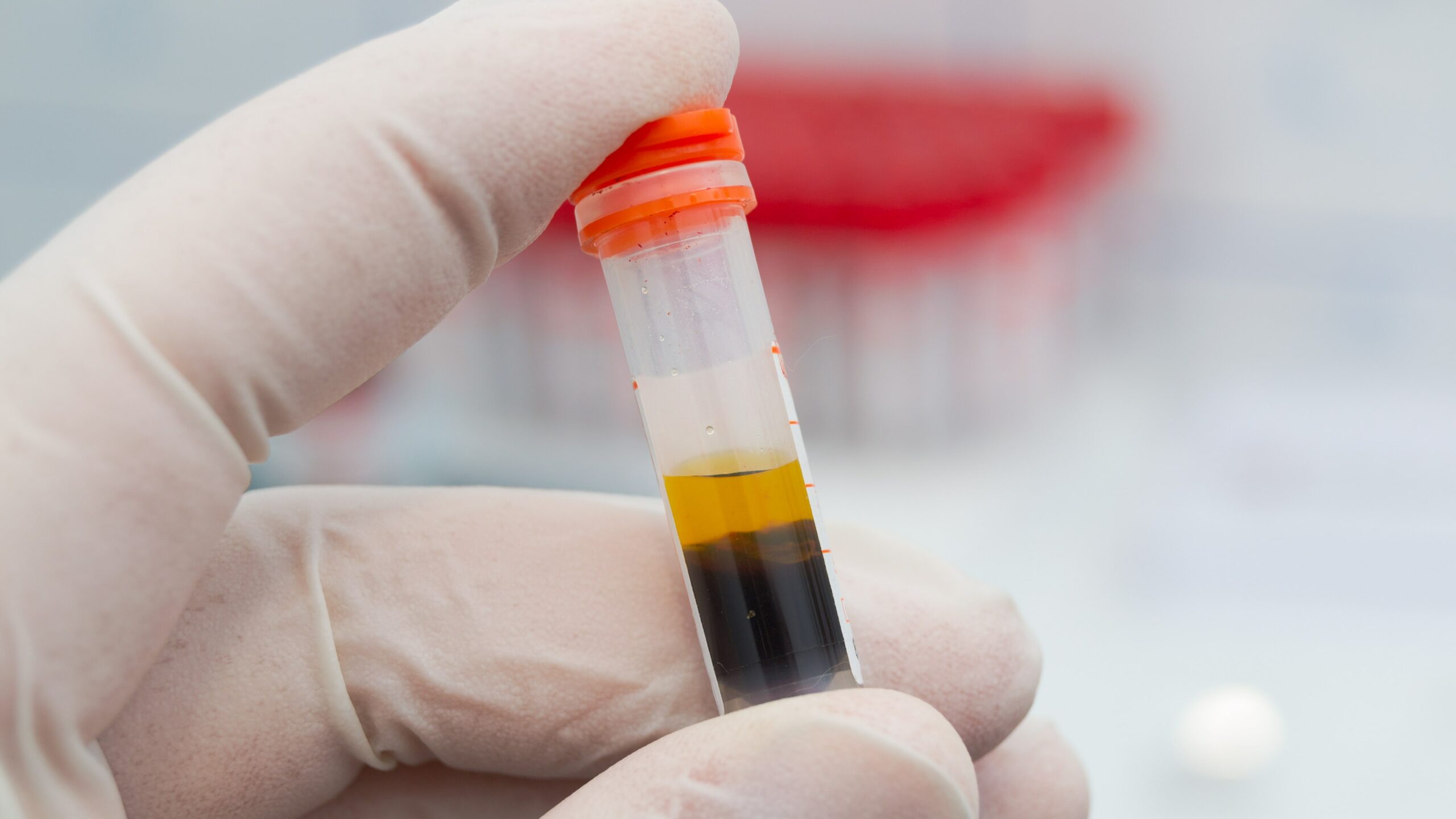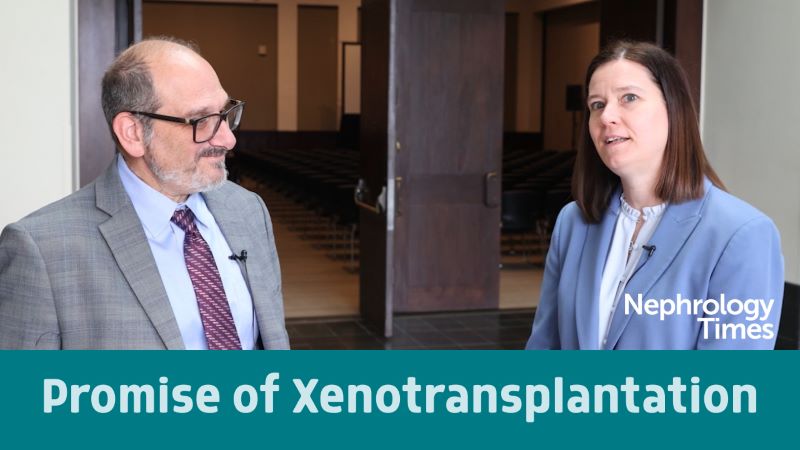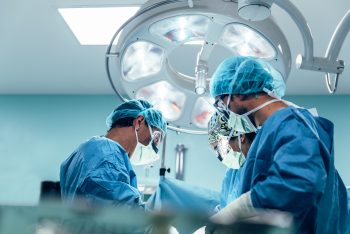
American Society of Transplant Surgeons Winter Symposium 2021
To prevent rejection, recipients of organ transplants initiate a regimen of immunosuppressive medications. Modulation of immunosuppressants to prevent rejection is enabled via early detection of allograft injury. Kidney allograft rejection is indicated by elevated levels of donor-derived cell-free DNA (dd-cfDNA). Multiple factors, including therapy, surgical trauma, and comorbidities, can influence total levels of dd-cfDNA.
Prince Mohan, MD, at Geisinger Commonwealth Medical Hospital, Danville, Pennsylvania, and colleagues conducted a retrospective analysis of data from a patient with a biopsy confirmed antibody-mediated rejection who underwent serial blood draws for the assessment of dd-cfDNA. Results of the analysis were reported during a virtual poster session at the American Society of Transplant Surgeons 21st Annual State of the Art Winter Symposium. The poster was titled Anti-Rejection Therapies in Renal Transplant Patients May Influence Total Cell-Free DNA, Impacting Relative Quantification of Donor-Derived Cell-Free DNA.
The patient, a 52-year-old male, received a deceased donor kidney transplant in 2016. He was maintained on a triple immunosuppressive therapy regimen. His serum creatinine levels were stable, ranging from 1.4 to 1.6 mg/dL. At 4 years post-transplant, the patient presented with increased serum creatinine (2 mg/dL). Biopsy confirmed antibody-mediated rejection with moderate transplant glomerulopathy, and the patient was treated with plasmapheresis (1 gm/kg) and rituximab (1 gm). Following treatment, rejection was monitored with dd-cfDNA analysis on blood samples.
Five months after the biopsy confirmed active rejection, the initial blood test showed elevated dd-cfDNA level of 4.67%. Total cfDNA level was within the normal range. One month later, a second blood test demonstrated a drop in dd-cfDNA fraction of 0.64%, with a total cfDNA level elevated 11.2 times above the median. Subsequent blood tests demonstrated increases in dd-cfDNA and decreases in total cfDNA levels.
In conclusion, the researchers said, “These findings suggest that increases in total cfDNA levels may confound interpretation of dd-cfDNA test results. This case suggests that antirejection therapies may influence total cfDNA levels. The findings highlight the importance of continued monitoring of both dd-cfDNA and total cfDNA levels in identifying a true response to therapy.”
Source: Mohan P, McCormick S, Wade H, et al. Anti-Rejection Therapies in Renal Transplant Patients May Influence Total Cell-Free DNA, Impacting the Relative Quantification of Donor-Derived Cell-Free DNA. Poster presented at the American Society of Transplant Surgeons virtual 21st Annual State of the Art Winter Symposium (E-poster 92), January 14, 2021. Support for this study was provided by Natera, Inc.







 © 2025 Mashup Media, LLC, a Formedics Property. All Rights Reserved.
© 2025 Mashup Media, LLC, a Formedics Property. All Rights Reserved.